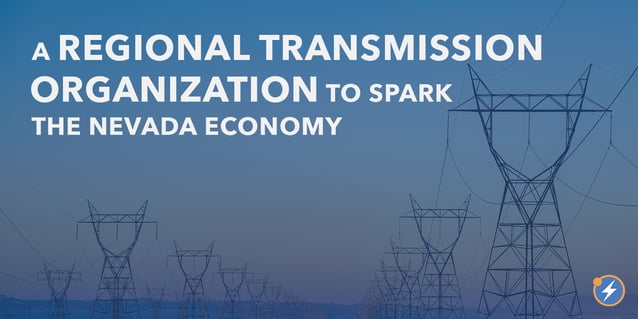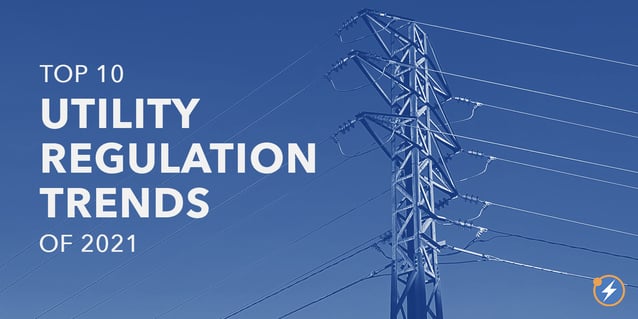
On September 17, 2020, FERC issued Order 2222, directing the grid operators under its jurisdiction to pave the way for aggregations of distributed energy resources (DERs) into wholesale markets. Recognizing that implementation of Order 2222 requires transmission and distribution system coordination and active engagement from state utility regulators as well, AEE and GridLab convened distribution utilities and AEE members for eight months to build consensus around key distribution system issues. The focus areas of the discussion included interconnection and aggregation review; communications, controls, and coordination; dual participation in both retail programs and wholesale markets; and investment recovery and cost causation. The result is a new understanding of the challenges in making DER participation in wholesale markets work, and ways that utilities, regulators, and industry can work together to overcome them.
/Blog-Post_2022-02-09%20745.png?width=745&name=Blog-Post_2022-02-09%20745.png)


